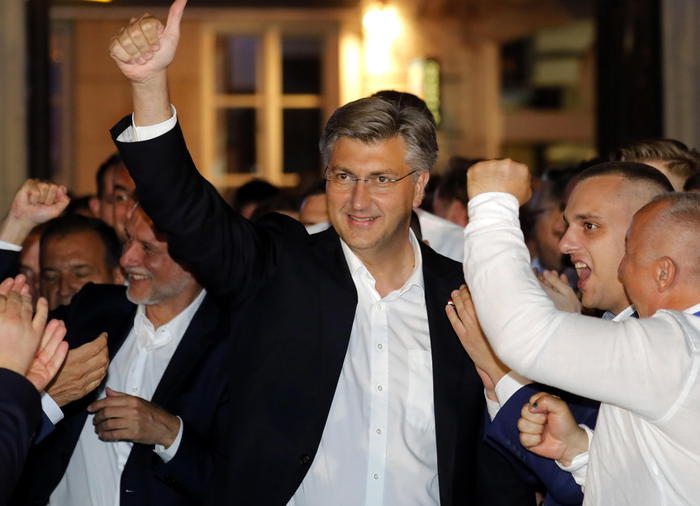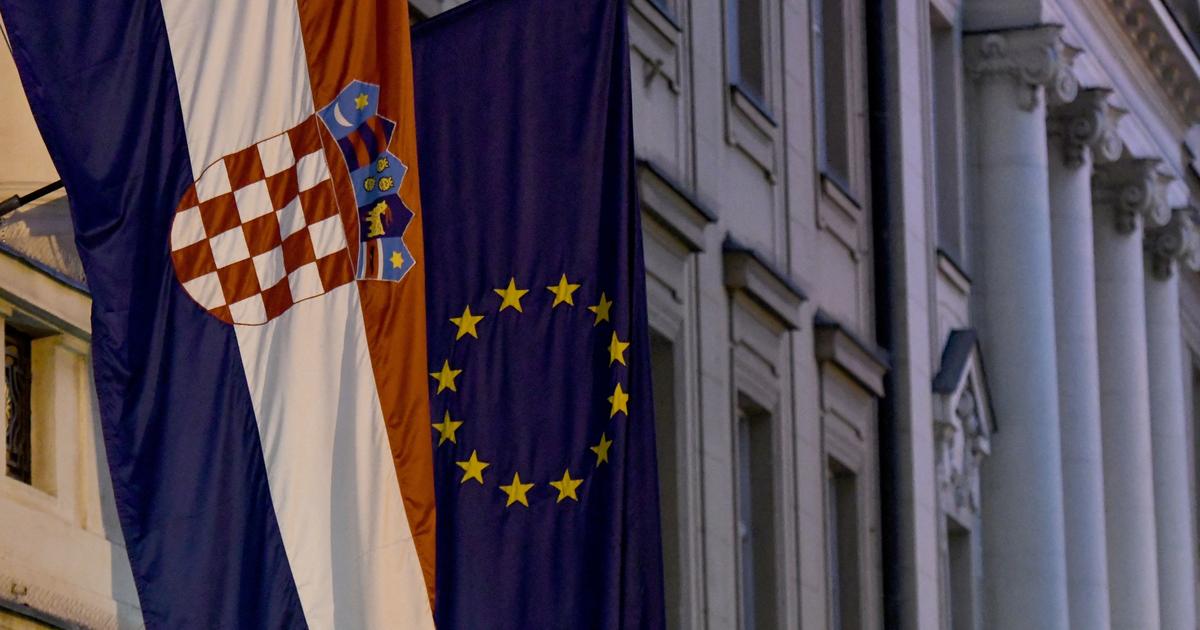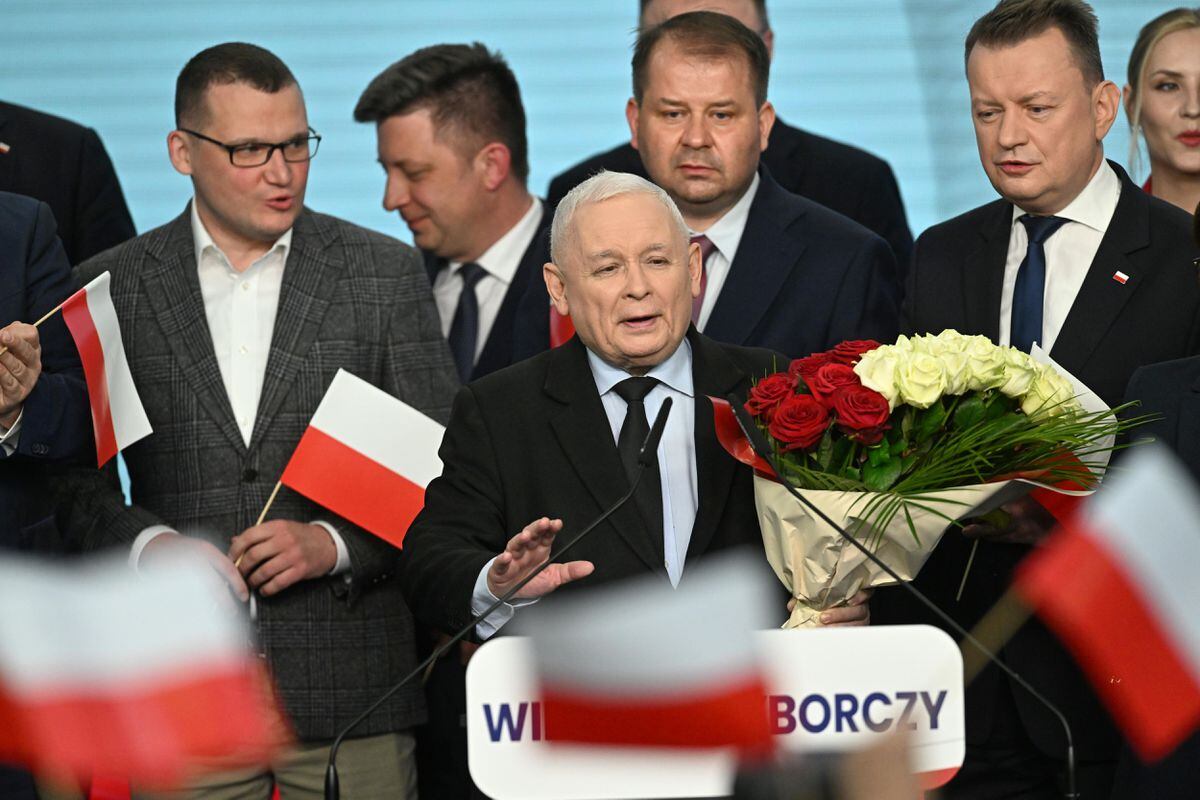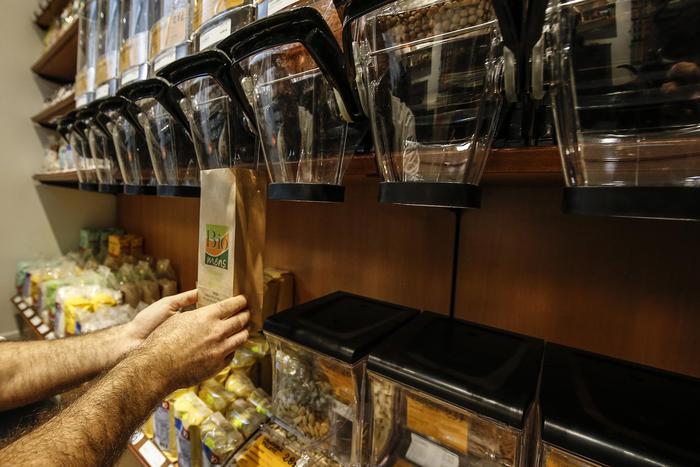(ANSAmed) - ZAGREB, JULY 6 - In Croatia the counting of the card practically finished confirms the large electoral victory of the Croatian Democratic Union (HDZ), the conservative party of Prime Minister Andrej Plenkovic, to whom 37.3 percent of yesterday's legislation went votes.
This is just one percentage point more than four years ago, but the mathematics of the electoral system guarantees conservative 66 parliamentary mandates out of a total of 151, five more than those obtained in the elections in 2016.
Analysts predict that Plenkovic will not have too much difficulty in training a stable coalition of government, to which the eight deputies from ethnic minorities will probably also join.
The center-left, united in the large Restart coalition led by the Social Democrats, instead suffered a tough defeat, obtaining 24.9 percent nationally, the worst result in more than twenty years, and the leader of the coalition Davor Bernardic, admitting the defeat, said 'ready to leave'.
In third place with 11 per cent is the dextranationalist and sovereignist, while the Most (dextracattolica) party obtained 7.5 per cent of the votes.
The big news of yesterday's elections was the success of the Greens, who with 7 percent became the fifth political force in the country, entering the parliament of Zagreb for the first time. Three small parties also get seats which are positioned in the liberal center, and which have obtained 6.3% overall.
However, the most significant figure is that relating to the voter turnout, which was just 46.9 percent, an inflection of 5.7% compared to the 2016 vote. This is the lowest electoral participation in the country's history, partly attributable to fears for the health emergency after the surge in the coronavirus. (ANSAmed).
Croatia: conservative Plenkovic victory confirmed with 37.3%
2020-07-07T08:57:11.886Z

In Croatia, the counting of the ballots practically finished confirms the large electoral victory of the Croatian Democratic Union (HDZ), the conservative party of Prime Minister Andrej Plenkovic, to whom 37.3 percent of the votes went to yesterday's legislatures. (HANDLE)





/cloudfront-eu-central-1.images.arcpublishing.com/prisa/ZHE3KZGX3VHINBISBUJJB436HY.jpg)


